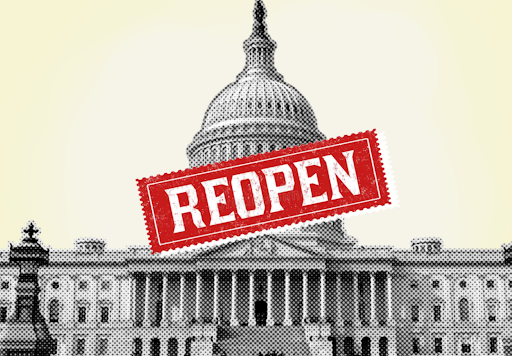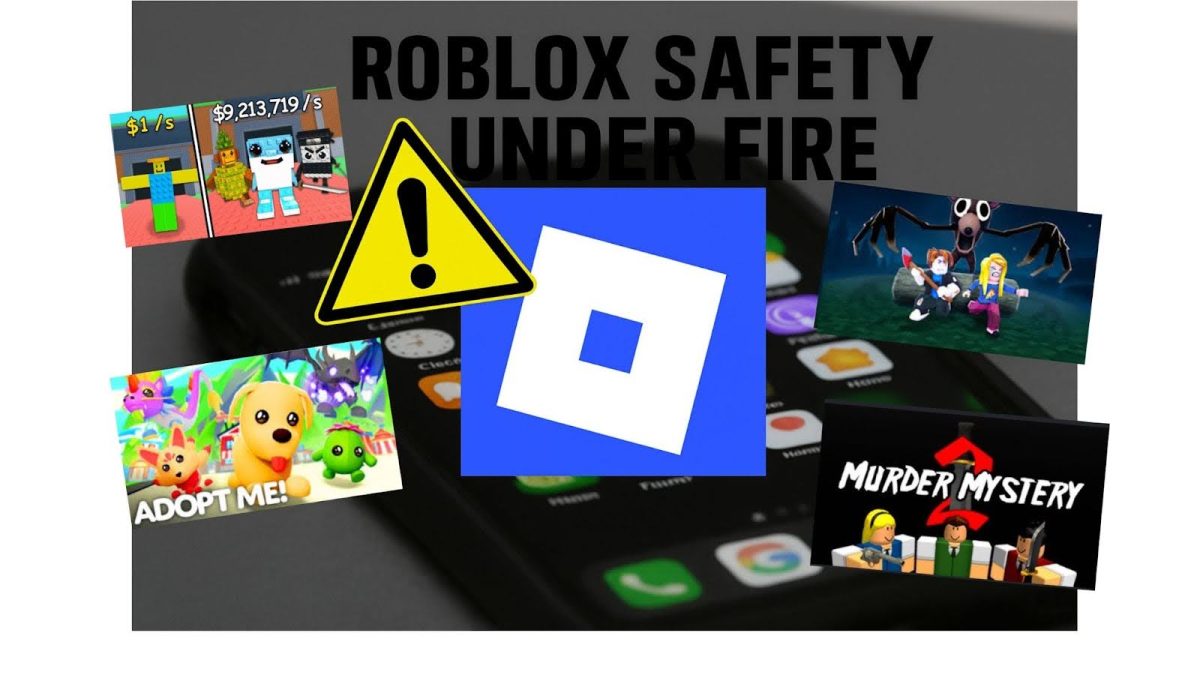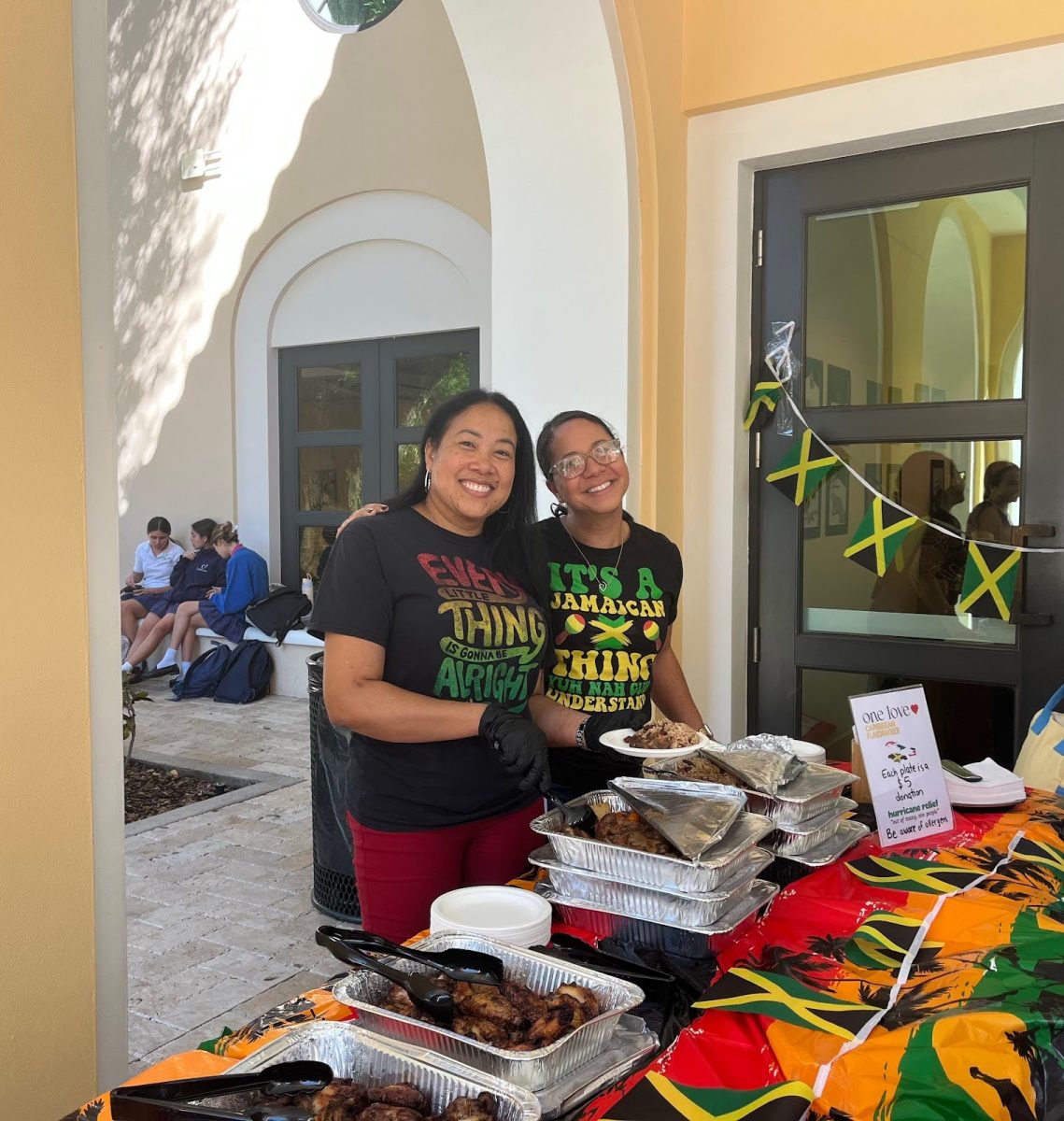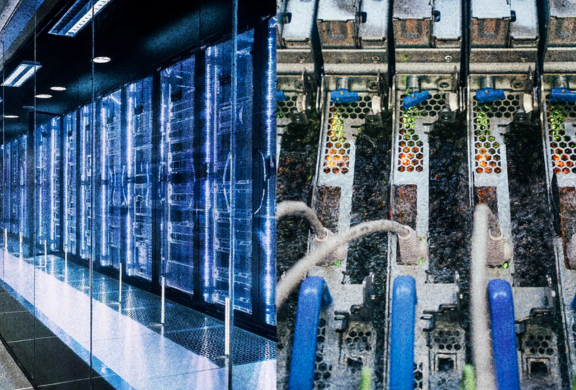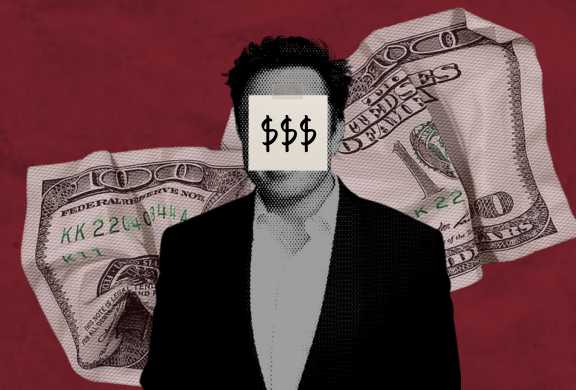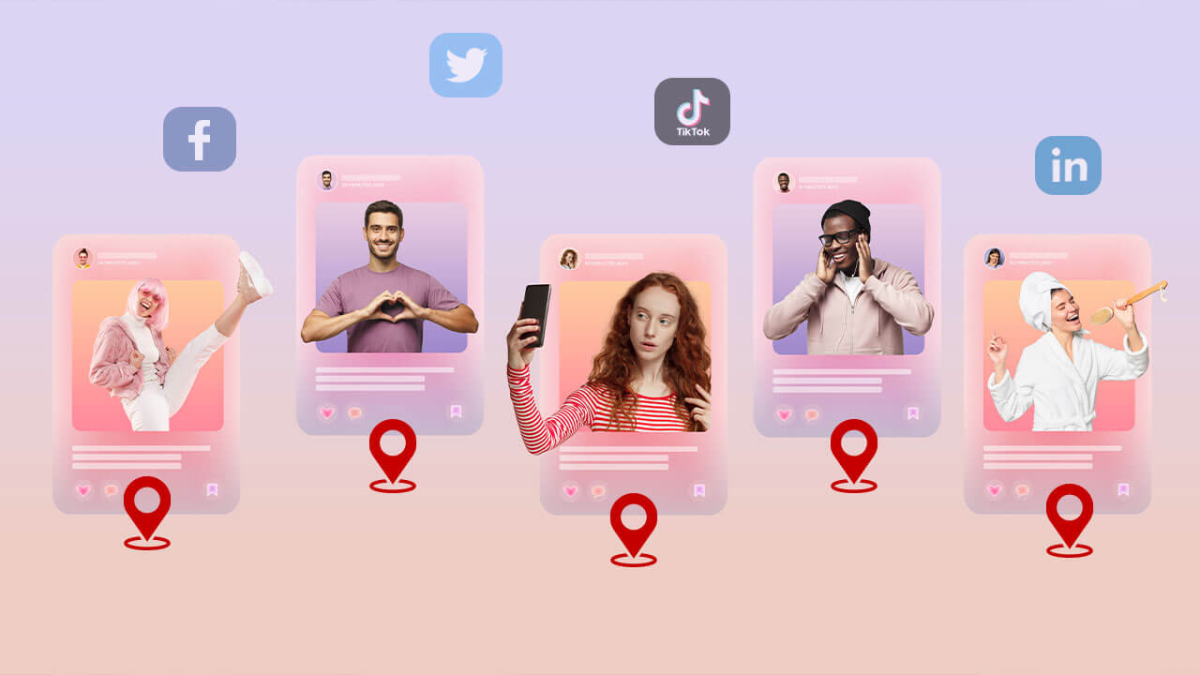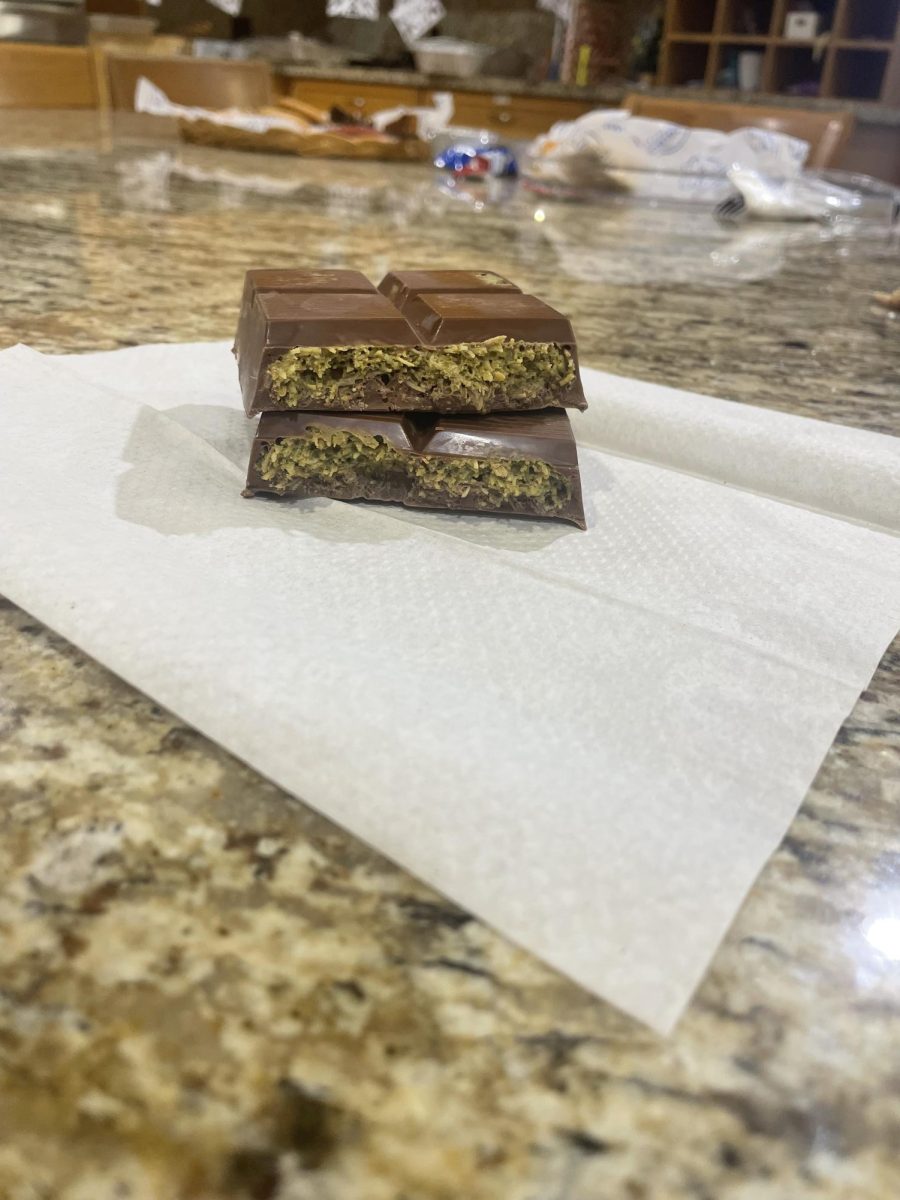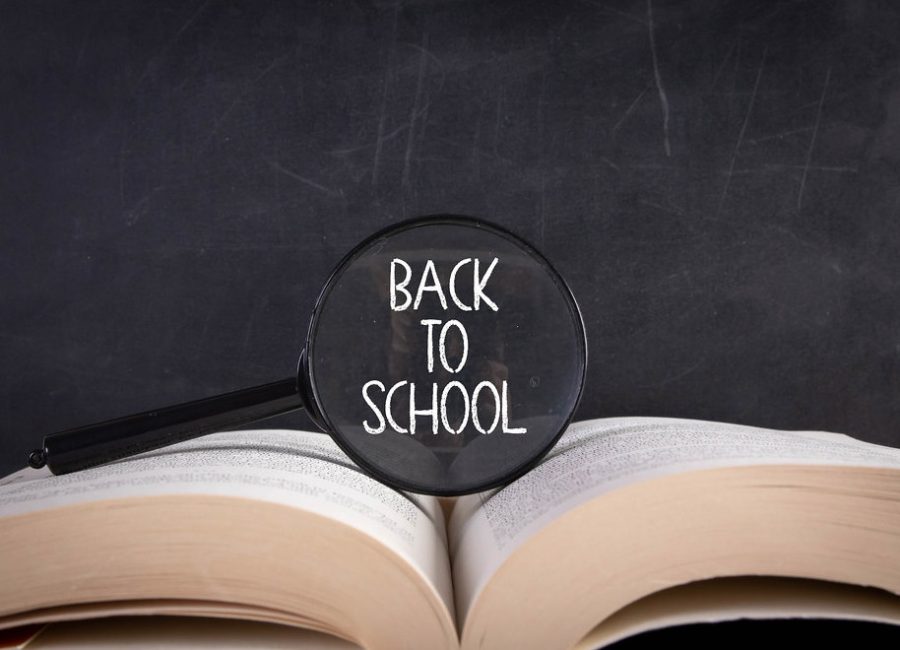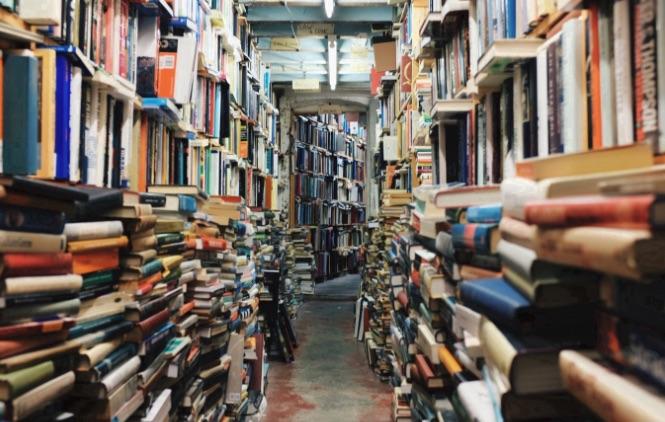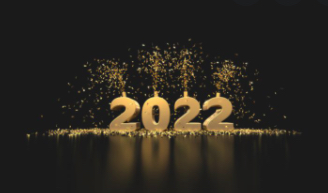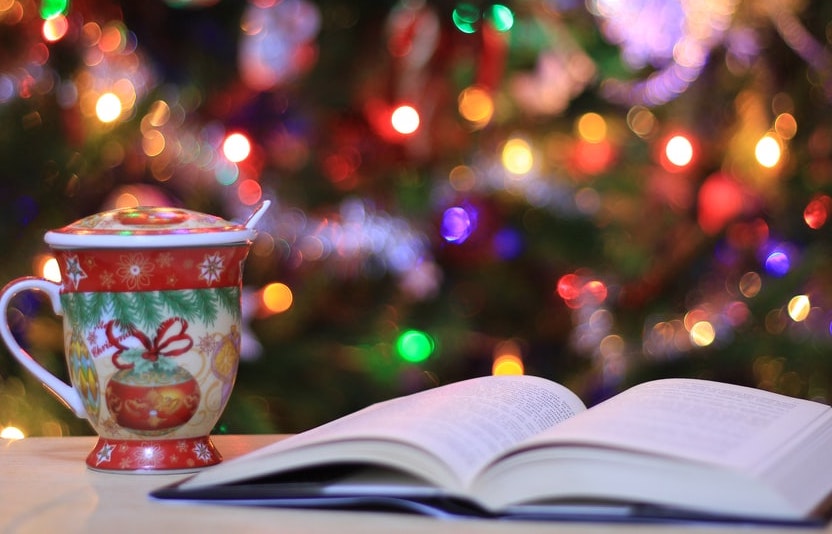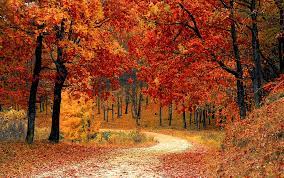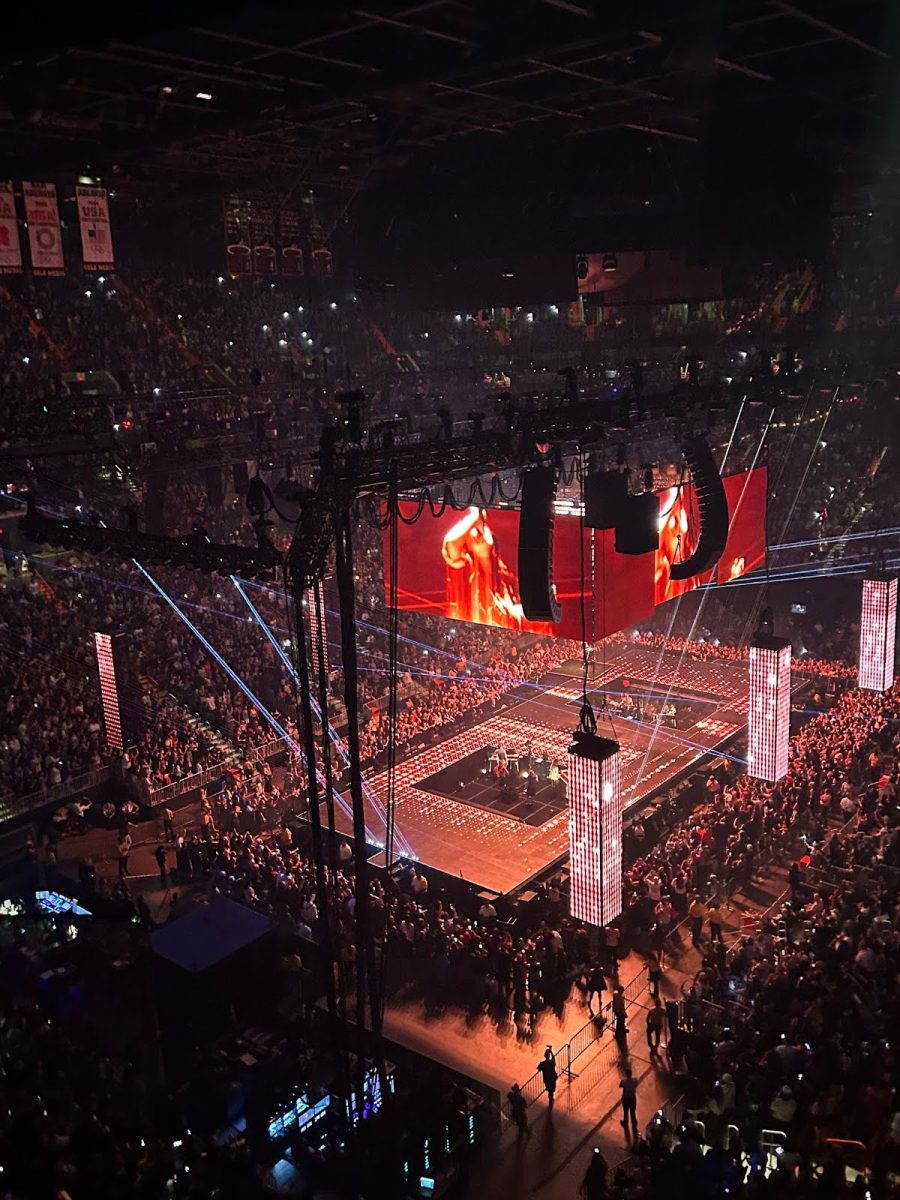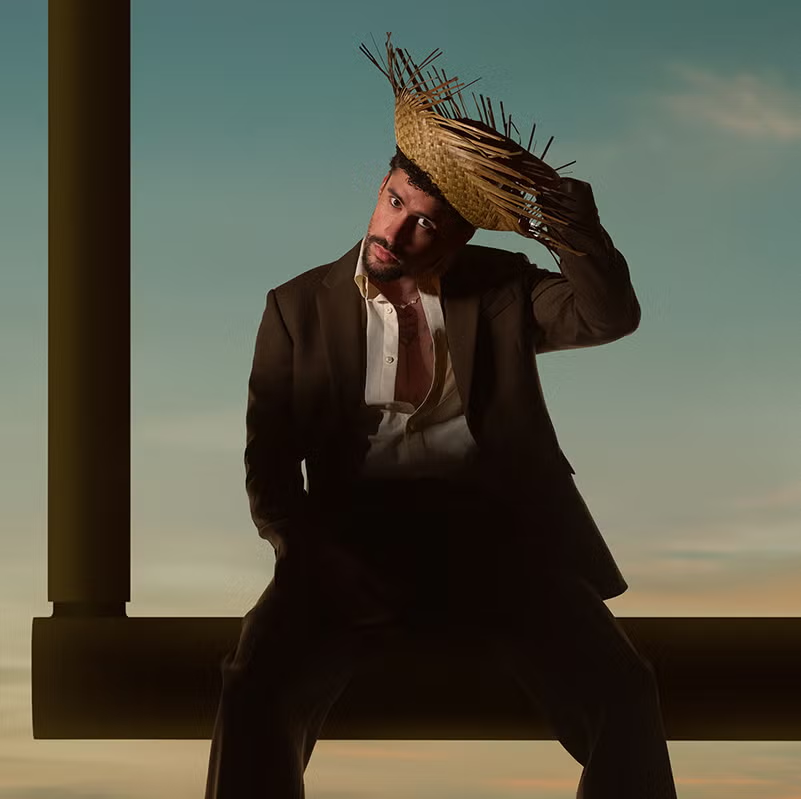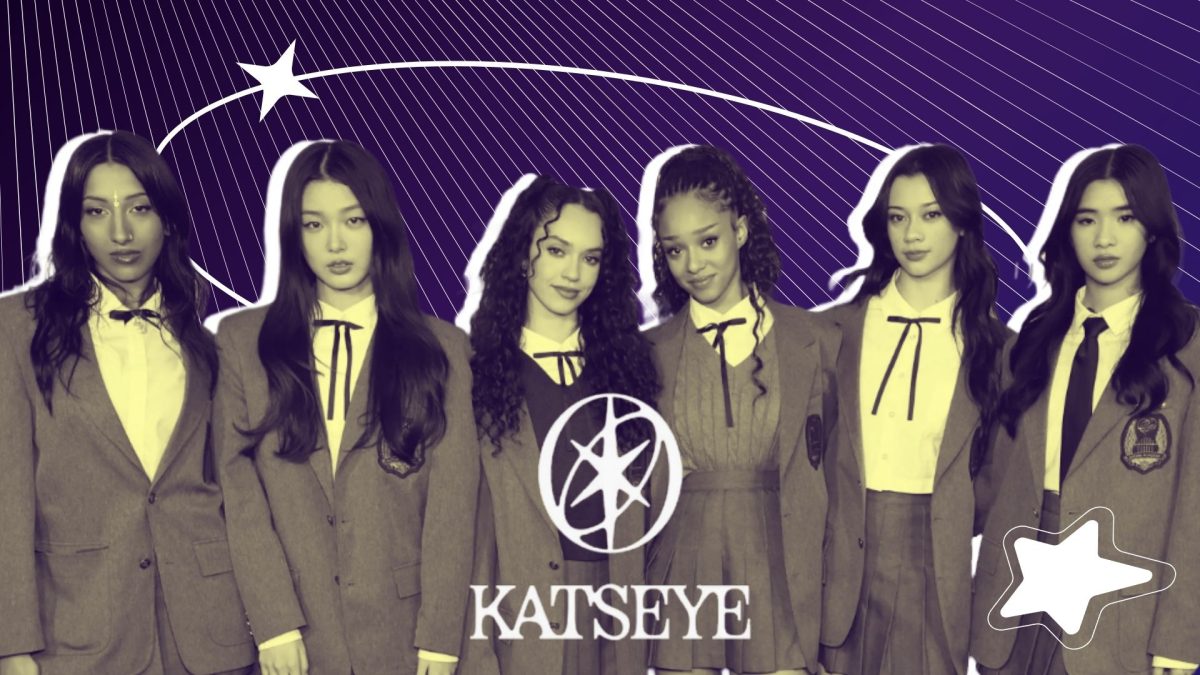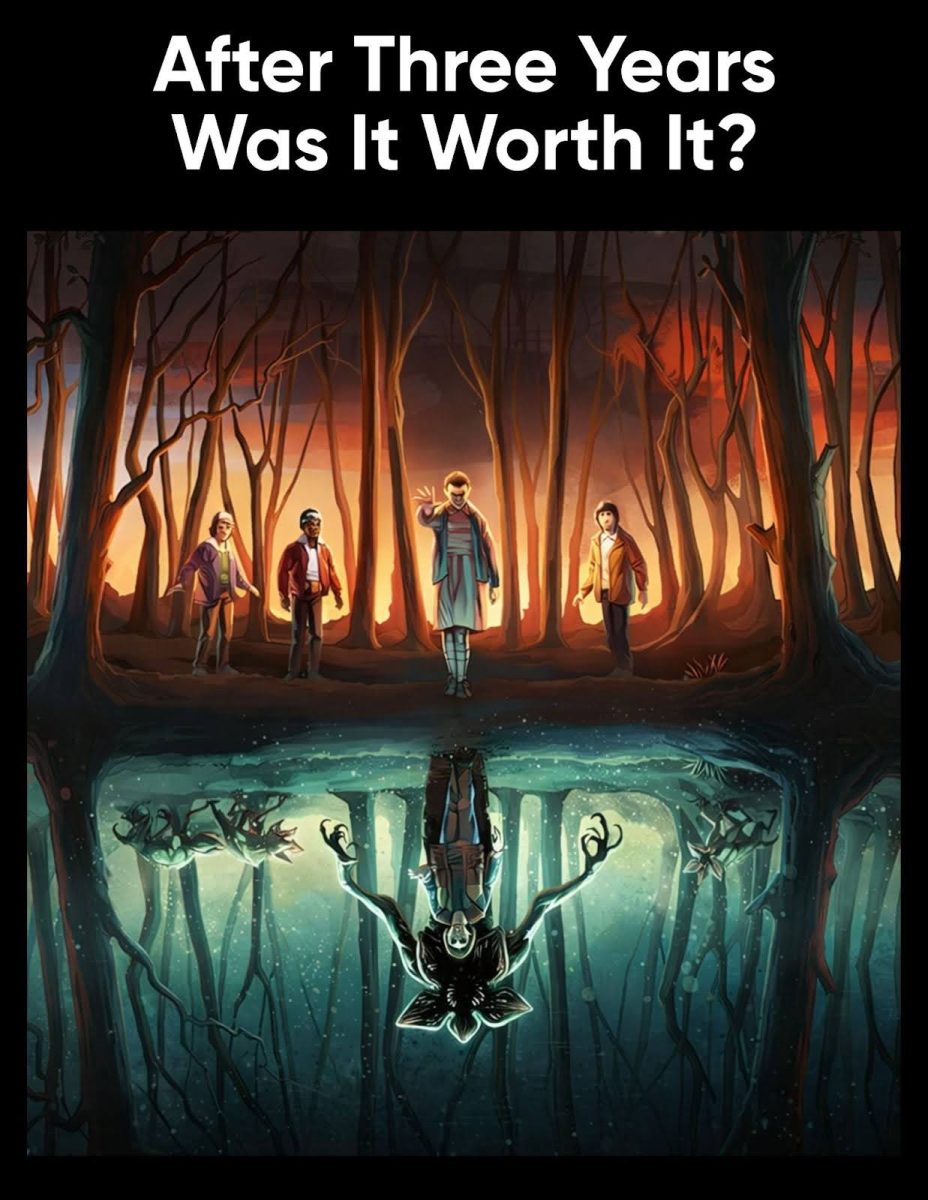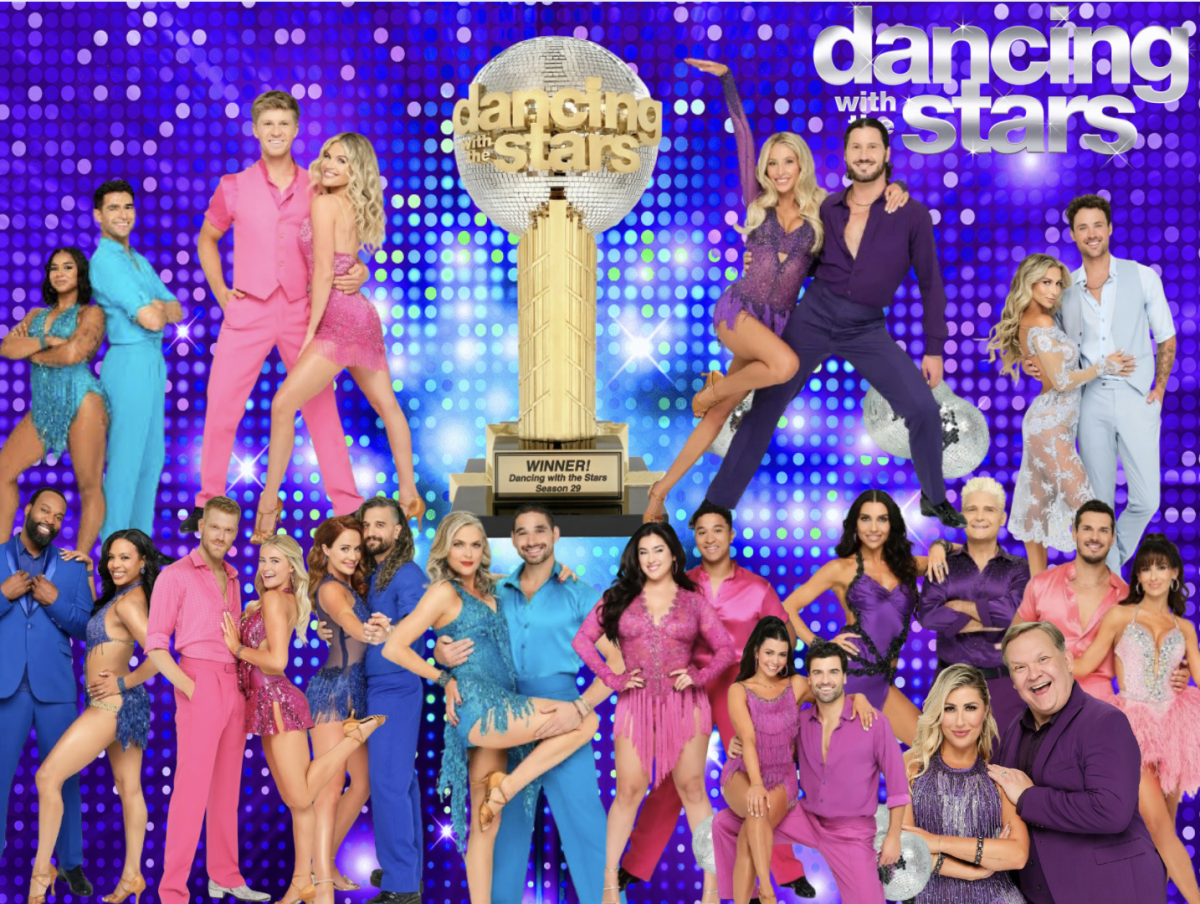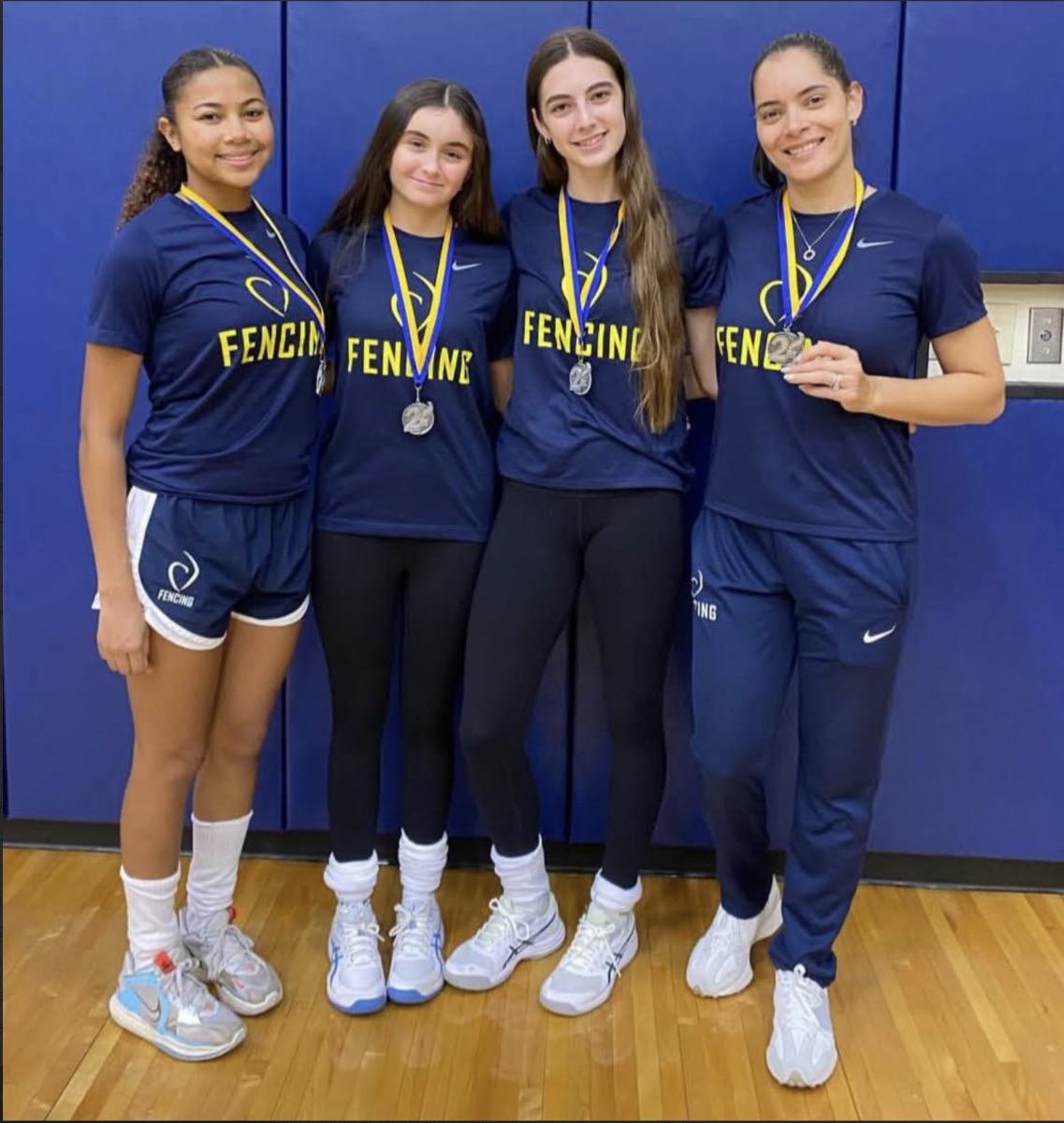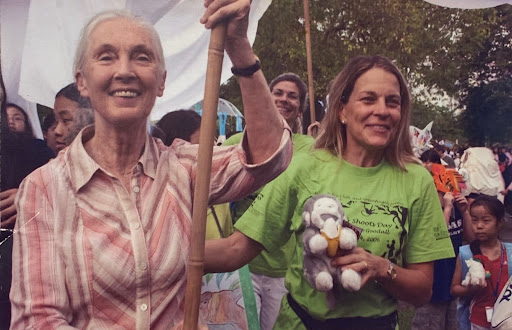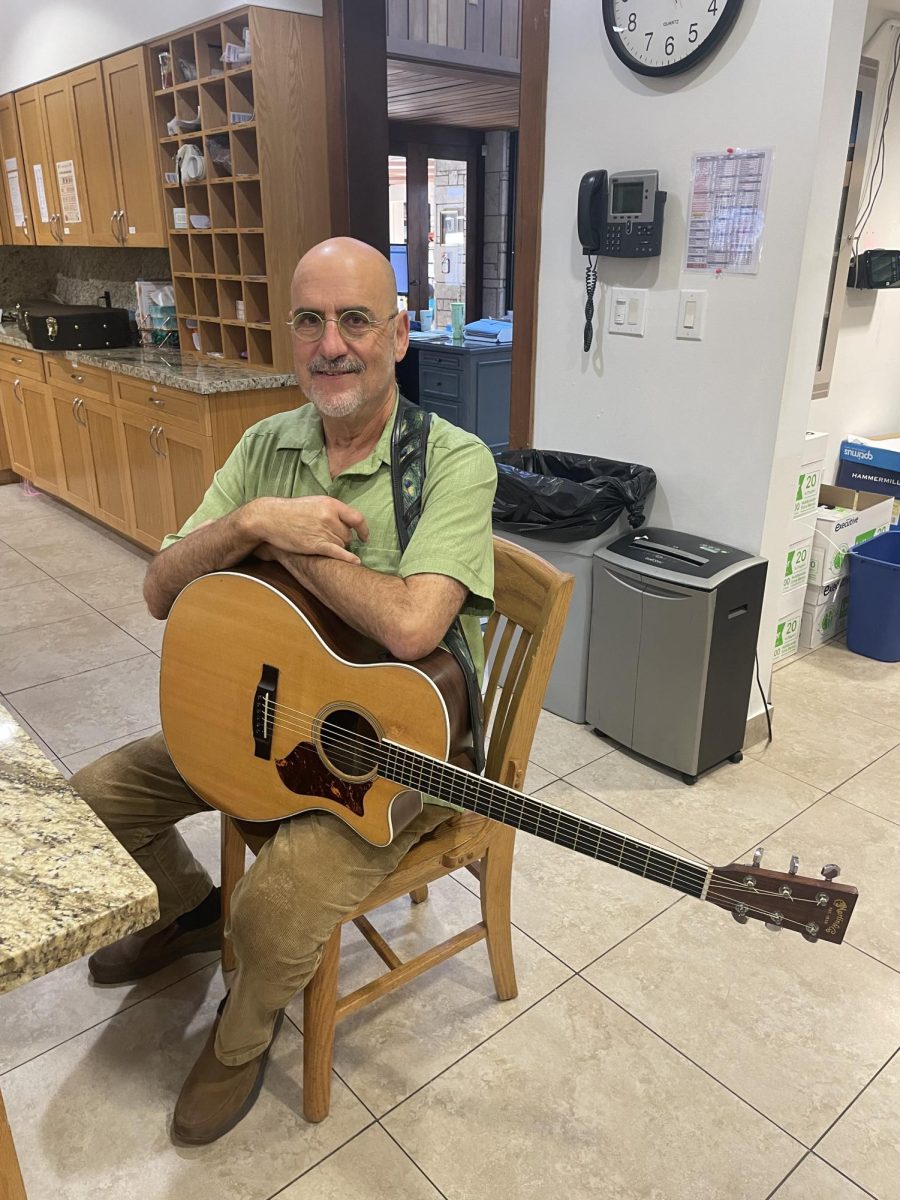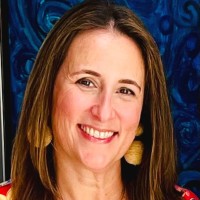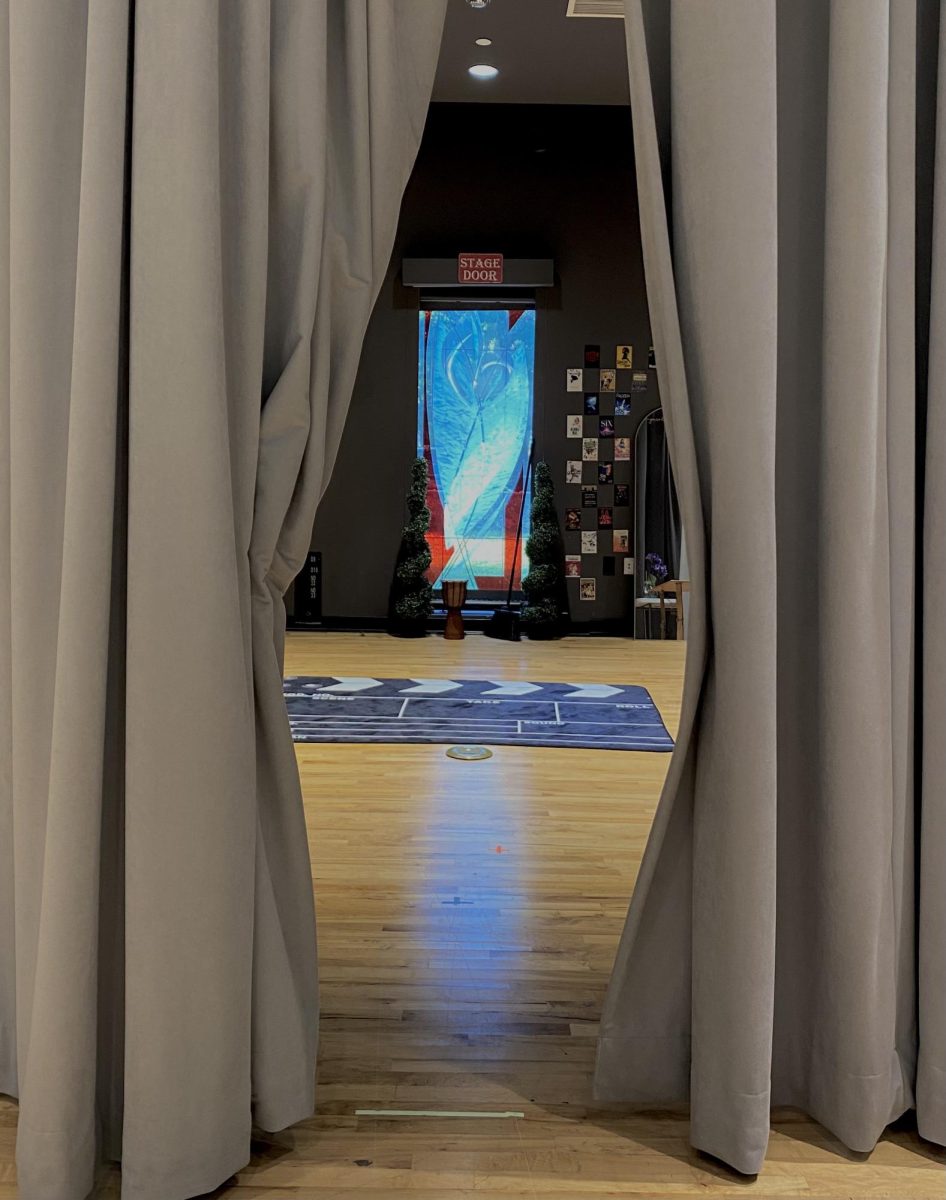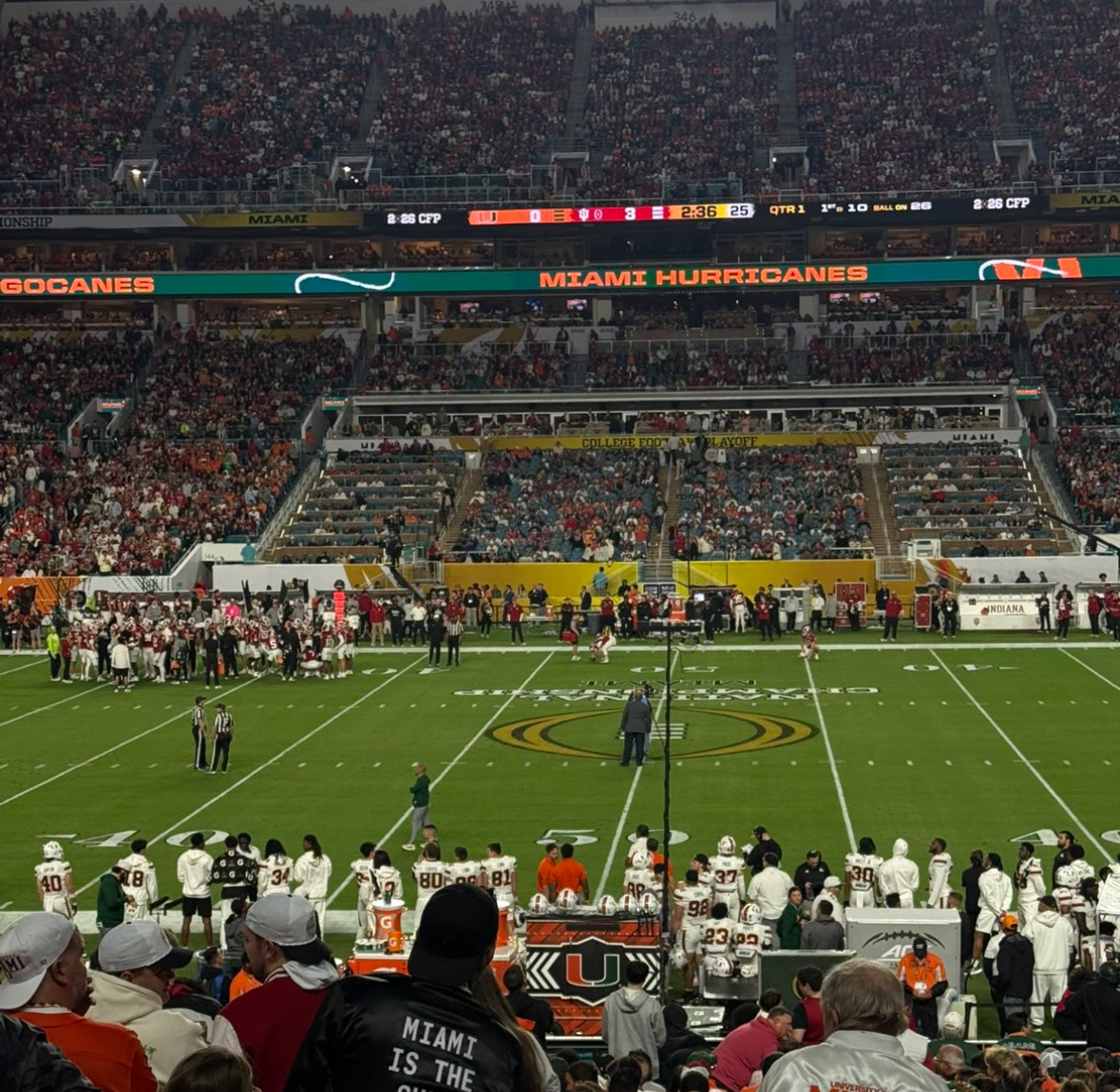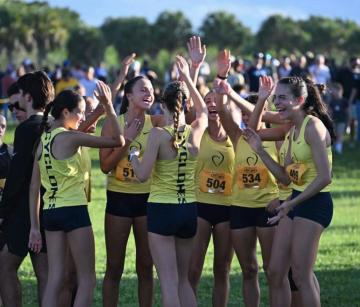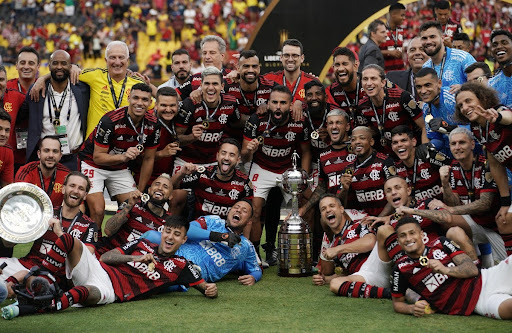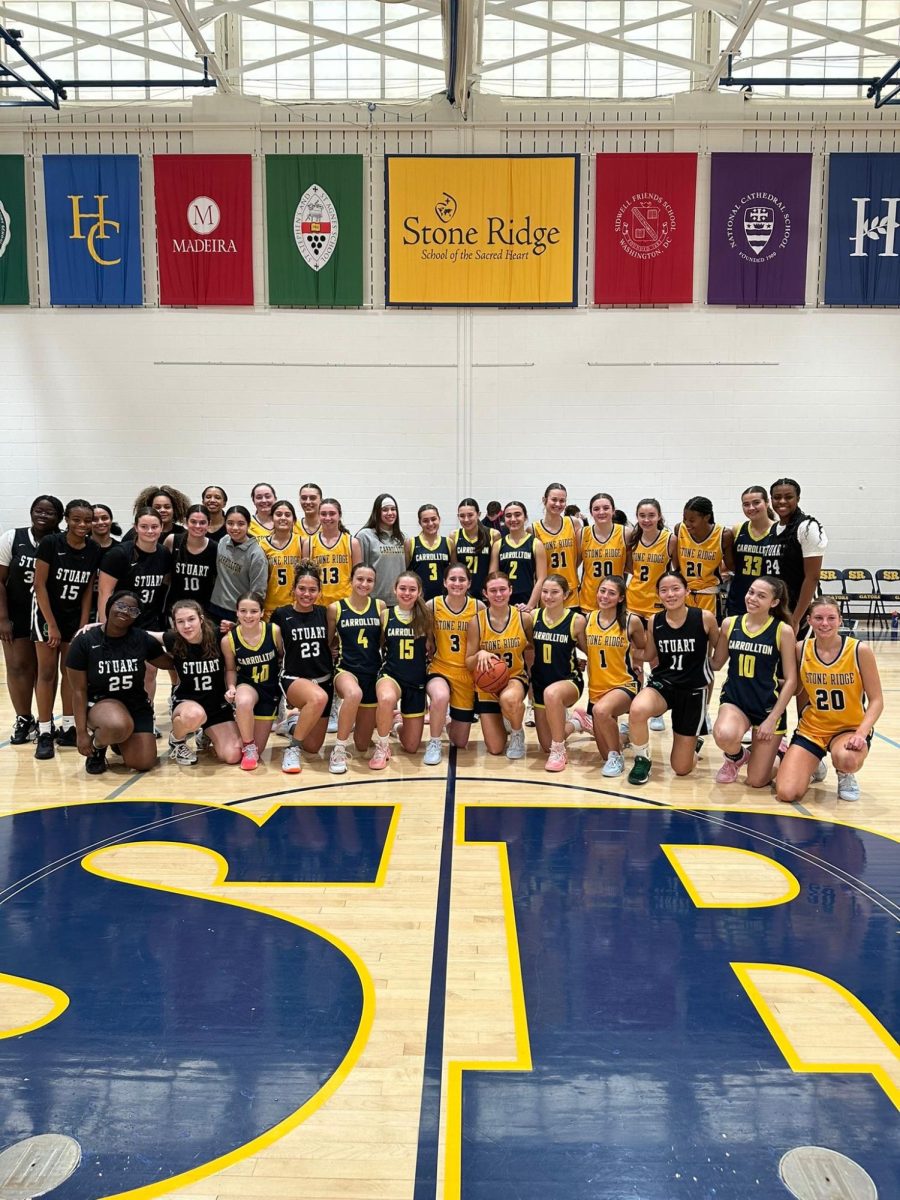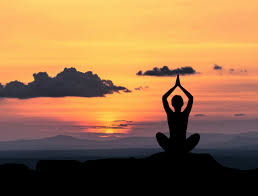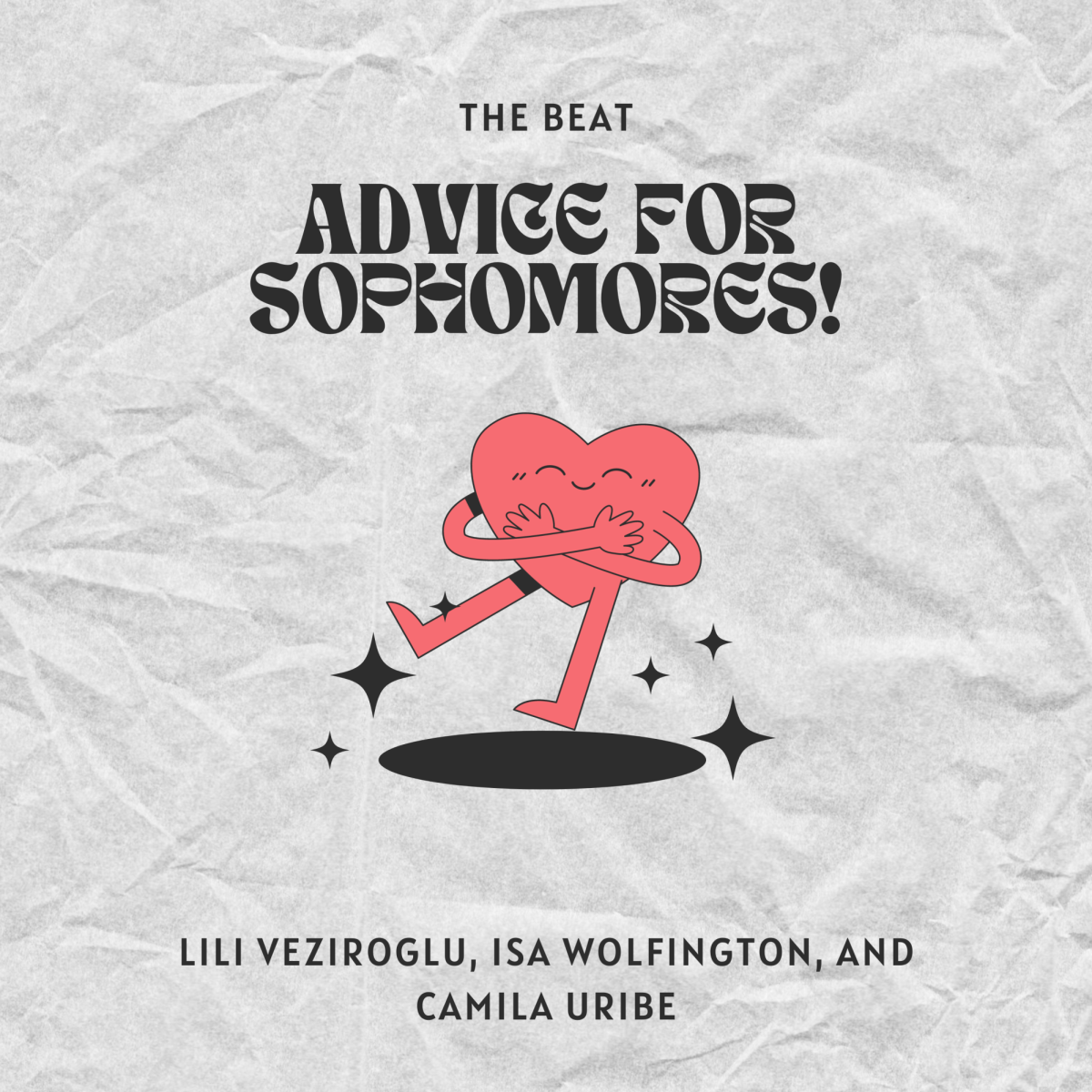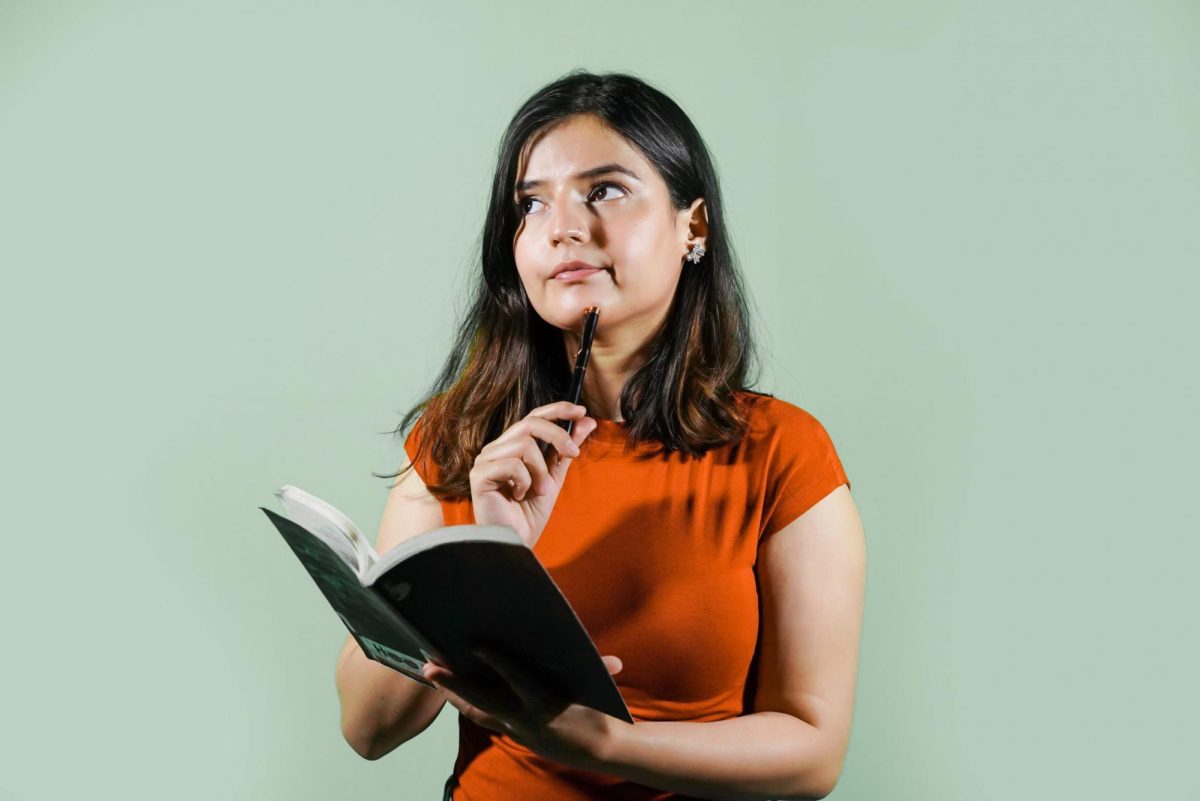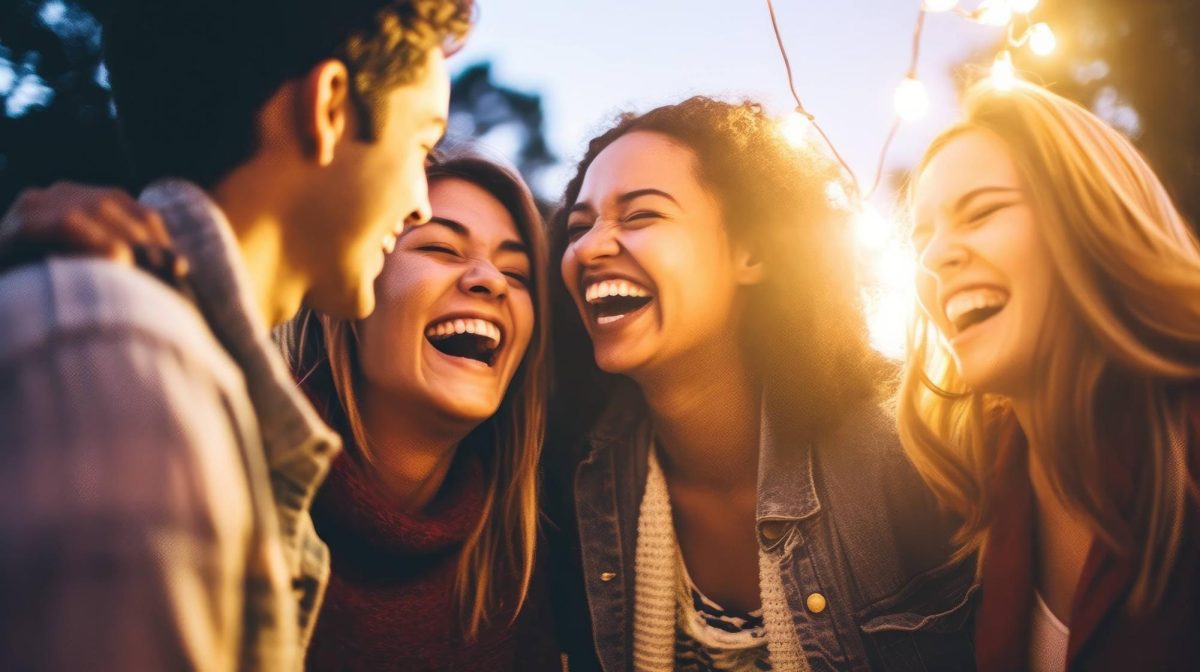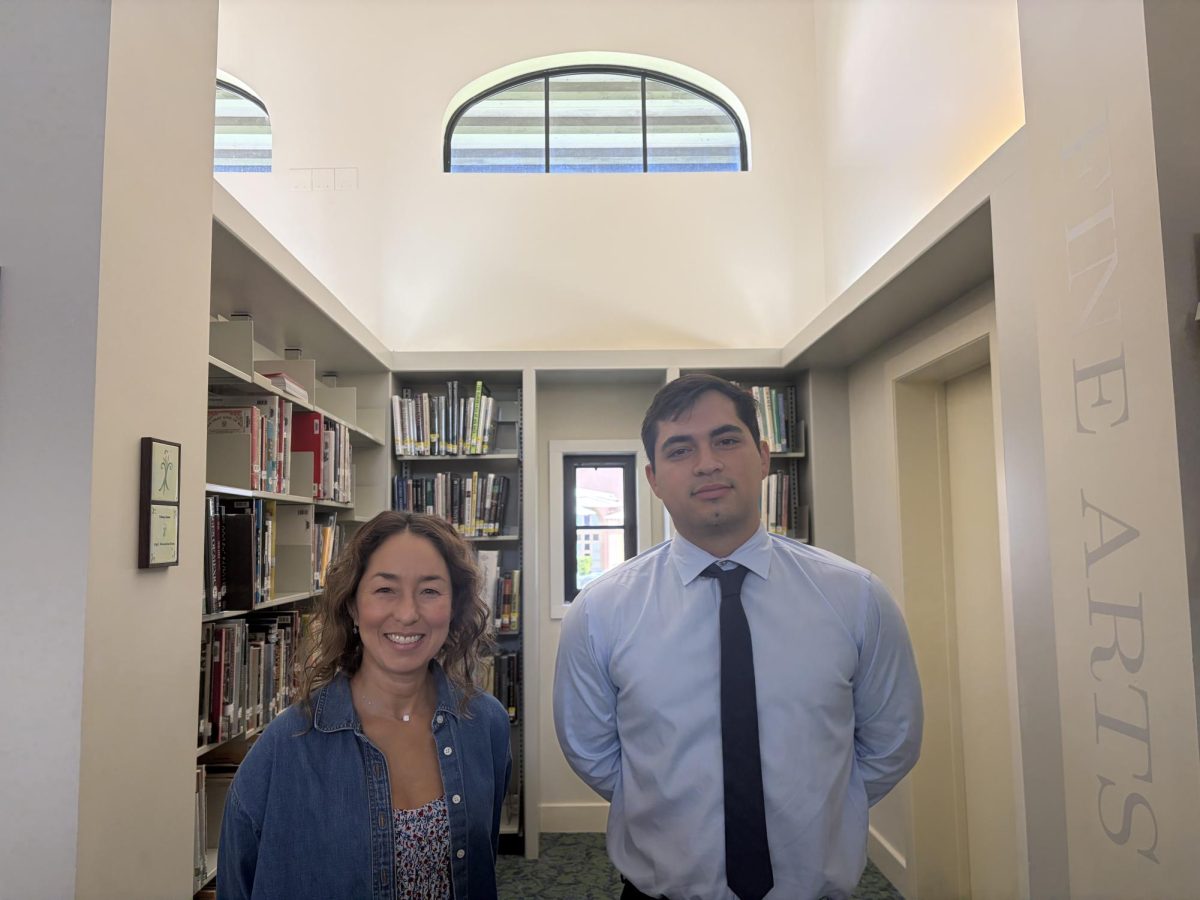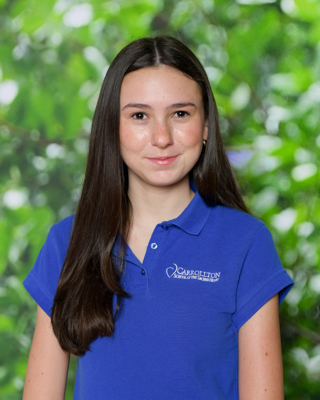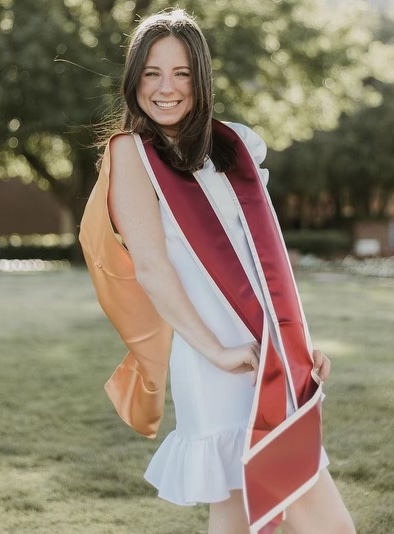
Lauren Green works as a reporter at the National Journal and is simultaneously pursuing her master’s in advertising. She was born and raised in Houston, Texas and currently lives in Washington, D.C. Green reports on energy and environmental policy. However, she wasn’t always interested in investigating this issue. She was offered this job and kept an open mind. Green is an example of a person who is willing to explore in her field and gives insight on what it is like to begin a career in journalism.
The following interview has been edited and condensed for clarity.
How did you know that journalism was the career you wanted to pursue?
In high school I worked on the school paper, and I liked doing that, but I got bored sometimes. Then I did an internship in DC. I feel like an internship is the best way to know what you want to do other than classes because you do real-life work, and as soon as I actually did the work, I got excited about it and then I knew what I wanted to do.
What do you specialize in?
I specialize in energy and environment, and I also do generalized Congress, but most of what I’ve done has been energy and environment. I do it specifically in the house and the senate.
What is it like to work as a reporter in D.C.?
I really like it because I’ve always liked politics. I like reporting on politics because it adds a human aspect. I feel like it’s easy to criticize politicians online and be hateful towards them, but I actually get to know them as people and why they do what they do, which is probably why I like it so much.
Why did you choose to report on energy and environmental policy?
I kind of just got put into it. Journalism jobs are hard to come by right now because a lot of companies are having layoffs, which was hard for me having just graduated from college, but I met somebody through an internship, and she referred me to a company. I applied and that was the only beat they had open at the time. I thought, ‘A job’s a job, I’ll take it.’ But, honestly, after learning a lot about it and making a lot of relationships, I have really come to like energy. I could see myself doing it long term.
I know you specialize in environment policy, but I have also seen that you report on politics. What topics interest you as a reporter?
In college I really liked education, but I haven’t done much education work since I graduated. I really like breaking news–big, flashy news that happened that day–big news sent out by the New York Times, and I also like foreign policy a lot. It’s interesting, but it’s very complicated and hard to write on, so I’m not sure if I’ll ever get into that professionally.
What is the process of writing your articles? What are the steps? And who do you consult with?
I usually do a little bit of research, some background, just so I know what I’m talking about when I reach out to people. There are times when I don’t know everything about a topic because there’s so much, but I do like to have a good amount of background before I interview people just so I am informed. I do some background, I do some research, I kind of find the angle of the story that I want to have and then I reach out to people. I feel that interviews really lead you to where the story’s going to go. You can have an idea, but the interviews can pivot you in a completely different direction. My interviews shape my stories more than anything.
Out of all the articles you have written, which has engaged you the most and why?
All of our reporters did an article at the end of last year on the retirees in Congress for next year, which was really fun because we got to talk to a lot of politicians who are retiring and asked what they were glad they accomplished and where they’re going next. It was a very forward-looking story without talking about the election, which I really liked because it was just commending them on what they did.
Do people ever underestimate you as a reporter because of how young you are?
Sometimes I think it’s hard. I’m the youngest person on my team by far. No one on my team has ever made me feel that way, but I think sometimes I tend to do it to myself. Nobody’s ever really made comments. There are definitely times when I feel under qualified for my job, but then my boss gives me praise all the time, which helps me feel better.
How have mentors shaped you as a reporter?
Mentors have definitely shaped me starting with my internship. When I came up here, I had never really done political reporting, and they led the way for me. Then, in this job, my boss has been nothing but amazing. He’s understanding of me having a social life, and he also understands that this is my first job, so he’s walked me through it and so have my coworkers. When I first started to work, they put me in the mix of it. I don’t think I would have been as good if I hadn’t had somebody to walk me through.
What are you currently working on?
Right now I’m working on an election piece for the Utah senate. One of the people running for Mitt Romney’s spot on the senate focuses a lot on clean energy even though he’s a Republican, which is pretty hard to come by. It’s becoming more common, but he was kind of the trailblazer in the house for that.
What are your goals for the future as a reporter? Do you plan on pursuing any more education?
I am starting to work on more Congress and not as much on energy and environment. I think that at some point I would really like to be a senate or house reporter for the New York Times or somewhere where my work would get a lot of traction, and a lot of people would read it. I do not plan on pursuing any more education right now but maybe in the future. I love school. I love learning things, and I think that education is important, so I could see myself in the future going back for a master’s in energy or political science because in politics and reporting you’re expected to know a lot about everything. More education always helps in journalism.
What advice would you give to someone looking to pursue your career? What makes a good journalist?
I would say networking is probably the most important aspect of being a journalist–building relationships. You can’t have a story without having good relationships–you won’t have quotes for your stories. If you actually make a relationship and get to know the people that you’re talking to for your stories, they are going to be more willing to talk to you, whereas if you’re just cold emailing them without having a relationship, they don’t feel like they have to get back to you.
Who you know definitely helps you to be a better reporter. I think that you have to have a mix of being personable but also being really career driven. A lot of journalists are so after stories that they forget the personal relationship side of things. I think the best journalists have that balance between having a personal relationship with sources, but also realizing that they are working. Their story is told better when they have relationships.


